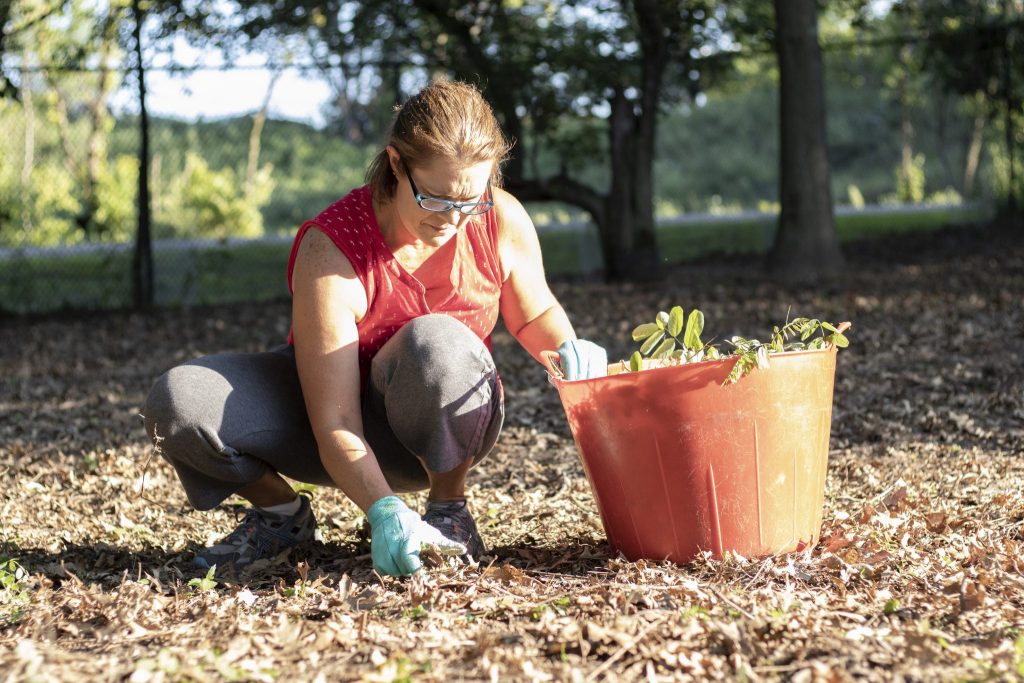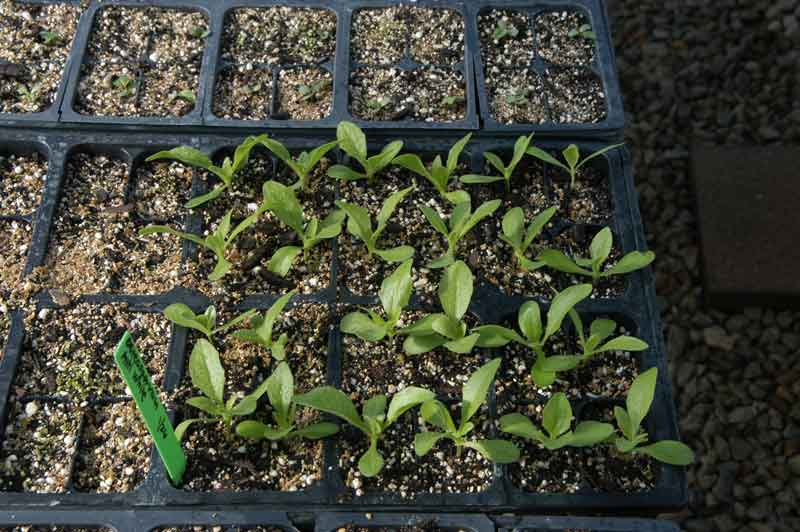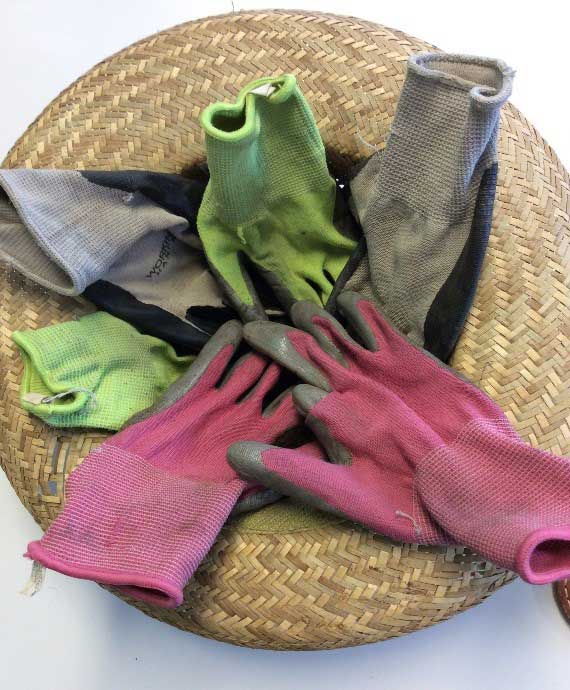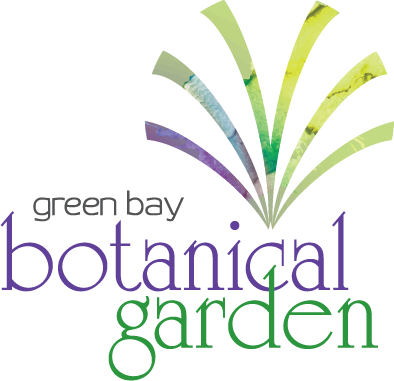Although fall is a more relaxed period of the year in the garden, there is still plenty to do. Tending to and tidying gardens and landscapes now will give you a jump on activities next spring. Read on for a checklist of some useful strategies and materials to apply towards optimizing your garden production this fall season!
Edge Garden Beds
If you have garden beds, fall is a good time to edge them to keep grass from encroaching. You can use edging tools just for this purpose, or a square-tipped spade to cut the edge and hoe to remove any grass. If a small and more formal area, you might consider adding an edging material such as paving stones or flexible upright plastic edging from home supply stores.
Mulch Your Beds
Among the task of highest importance for your garden is mulching. Going through with this serves a few purposes: you protect the soil from erosion, block out light to decrease weed growth, and adds organic matter to your soil which will help your garden be healthier in the spring.

Mulch is an excellent insulator for plants that can withstand some freezing temps and snow. If you have planted your garden for the fall and winter, lay down a thick layer of mulch as soon as your plants are 3-4 inches tall and before the first frost.
Mow Your Lawn (at least through mid-October)
As long as your grass is growing, keep it mowed. Then, usually about mid-October with the last mowing, you can lower the mowing height by about a third. This keeps the grass from being too long by spring, more susceptible to snow mold and other diseases.

Get Some Seeds
If you like planning ahead, it is a good idea to collect the seeds from your plants to be stored over the winter. Believe it or not, many plants allow this! Just harvest seeds from your plants and save them for spring by collecting them, drying them, and then storing them in an airtight container.
Even if you don’t have seeds to harvest, you can still get some seeds. Retailers tend to offer seed donations and seeds at a discounted price in the fall, which is certainly something to be considered if you want to get ready for your next growing season early.

In spring, you’ll want to determine your seeds’ chances of success before actually planting. Just put your seeds in water for 15 minutes. You can go through with planting any seeds that sink, but will want to part ways with any that float.
Clean Your Tools
Garden tools get a good work out during the summer and will be dirty and in need of sharpening. Treat your tools well, and they will treat you well. Prior to tucking them away for the winter, it’s beneficial to wash off any lingering dirt or chemicals. This way, tools won’t rust! To prevent cracking, it’s helpful to sharpen and oil your tools as needed.
Find a Durable Rake
Tired of dealing with those wonky tines at the end of your rake? If so, it could be time for a replacement. Rakes are timeless tools for scraping up unwanted lawn material, whether around trees, shrubs, or flower beds. The best leaf rakes are lightweight, long-lasting, and effective.
But what kind of rake is best? Metal tines are the most resilient, while plastic tines tend to be more functional as they do best with dry or wet leaves. If you’re working with flower beds though, bamboo is gentler and lighter.
Don’t Forget Your Gloves
It’s never fun getting cut, blisters, scrapes or pricked. Besides these little hazards though, getting your hands dirty isn’t the move for everybody. Whether you’re weeding, working with wet leaves, cleaning up the garden, or digging in the soil, investing in a pair of high-quality gloves can go a long way.
Depending on what task you’re trying to tackle, you may even want to have more than one type. If you’re doing more heavy-duty garden work, you might want to go with leather gloves. With the additional durability and resistance to punctures, you can focus more on the task at hand without worrying about getting hurt.

If you’re something more comfortable for planting seeds that will keep your fingers dry, nitrile-coated gloves will provide. Want to plant bulbs? Try cotton gloves! Whatever gardening need you have, there is a pair of gloves out there to be found. You can even check out our WPS Trellis Gift Shop for your simple gardening needs, including gloves.
Consider a Collapsible Container
Transporting garden waste in and of your yard can be a hassle. Ideal for collecting weeds, grass clippings, or other types of yard waste, collapsible containers save space and are easy to carry. The cylindrical containers can be collapse whenever you’re done and are even multi-functional for festivities other than outdoor work.
These are just a few of the tasks you should complete this month before winter arrives. Get more tips on what tools you should have in your garden bag or how you can properly reuse items from year to year to become more sustainable.
Want a month-by-month checklist to follow so you’re as ready as can be for the next growing season? We recommend Melinda Myers’ monthly checklists!





